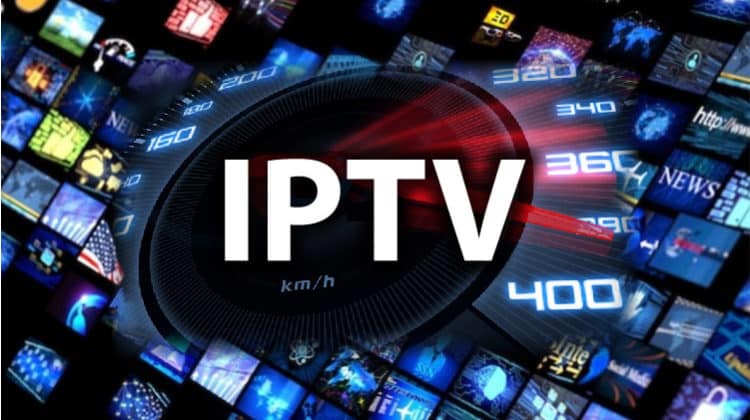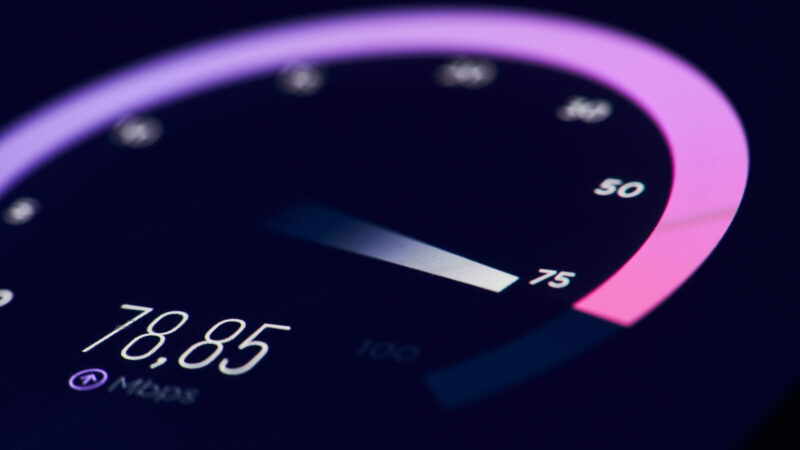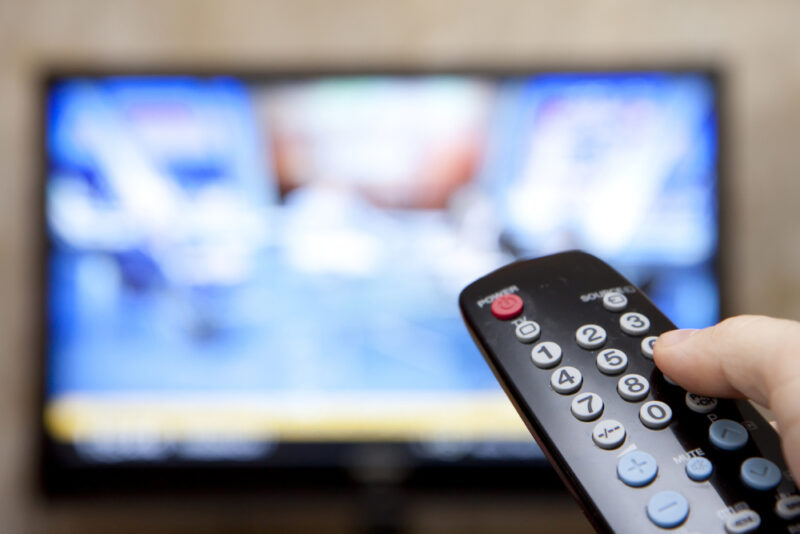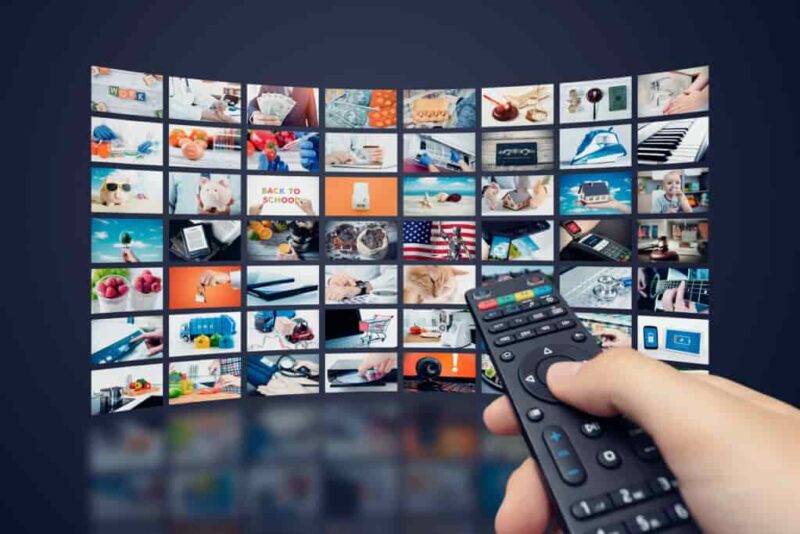Streaming television services are booming, and IPTV has become a popular option for those who want access to a massive variety of channels and on-demand content. But many people wonder, “Is my connection fast enough to enjoy uninterrupted viewing?” Let’s break down the essential speed requirements and how to make sure your setup is ready.
Key Points
- Know the minimum speed requirements for IPTV.
- Learn how your current connection affects video quality.
- Discover practical solutions to optimize streaming performance.
What Is IPTV and Why Speed Matters?

IPTV is the future of television. It uses your connection to deliver live TV and on-demand content directly to your devices. A robust and stable connection ensures you can watch your favorite shows without buffering or delays. Curious about a platform offering unmatched quality? Check out NordicIPTV for thousands of channels and on-demand titles.
How Fast Should Your Connection Be?
Your connection speed determines the quality of your video streams. Here’s a quick breakdown of recommended speeds based on video quality:
- Standard Definition (SD): You’ll need at least 3 Mbps for a smooth experience.
- High Definition (HD): 5 to 10 Mbps works best.
- Full HD and 4K: At least 25 Mbps is essential for ultra-clear visuals.
Low speeds result in constant buffering, interruptions, and downgraded resolution. Run a speed test to check if your connection meets these requirements.
What Affects Streaming Quality?
Several factors influence the performance of IPTV services:
- Bandwidth Usage: Multiple users on the same network can slow down the connection.
- Router Placement: Poor positioning reduces the signal strength.
- Connection Type: Wired connections (Ethernet) are more reliable than Wi-Fi.
Assess your setup and identify potential weak points. Small adjustments can lead to big improvements.
Quick Tips to Optimize Your Connection
- Use a Wired Connection: Ethernet cables provide consistent speeds.
- Upgrade Your Plan: Check with your provider for faster options.
- Limit Background Activity: Stop downloads or uploads during streaming.
- Restart Your Router: A fresh start can resolve temporary issues.
- Consider a Signal Booster: Improve your Wi-Fi range if needed.
How to Test Your Connection?

Testing your speed is simple. Many online tools are free and easy to use. Run a test during peak hours to see how your connection holds up. Look at both download and upload speeds, as IPTV relies on both for optimal performance. Compare the results with the requirements mentioned earlier.
Common Myths About Connection Speed
- “I only stream at night, so speed doesn’t matter.”
Even late-night usage can face congestion due to neighborhood demand. - “Wi-Fi is just as good as wired.”
Wireless setups often experience interference. - “Higher speed guarantees quality.”
Speed alone isn’t enough. Stability plays a key role.
FAQs
What if my connection is too slow?

Consider upgrading your plan or switching providers. Lower resolution settings can also reduce buffering.
Does the type of device affect performance?
Yes. Older devices might not handle high-quality streams well.
How do I know if my provider is throttling my speed?
Frequent slowdowns during streaming but fast speeds elsewhere could be a sign. Contact your provider for clarification.
Final Thoughts
Choosing the right IPTV service is only part of the equation. Ensuring your connection meets the necessary requirements guarantees a smooth experience. Regularly test your speed, optimize your setup, and consider reliable platforms for top-tier entertainment. The effort you put in now will pay off with hassle-free viewing later.


